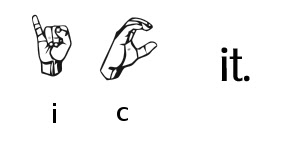When I was about five or six, I went to the circus with Uncle Chuck. I remember very little about the circus, and even less about “Uncle” Chuck, but I remember two things distinctly from that day: driving in his very cool, very red convertible and singing for my supper in the diner where we ate after the circus. A few things remain inexplicable to me about that day, but the actual singing seemed quite normal. After some banter with the waitress, Uncle Chuck announced to the customers that I would be singing a song. While I don’t remember exactly what song I sung, I do know that Sweet Charity was a big hit musical around then, that we had the album, and that I happen to remember all the words to Big Spender from my youth (and like to trot it out from time to time – but I digress). I distinctly remember standing in aisle, near our booth, and belting one out for the rest of customers to hear. I also remember that except for the environment, this seemed a pretty normal occurrence








